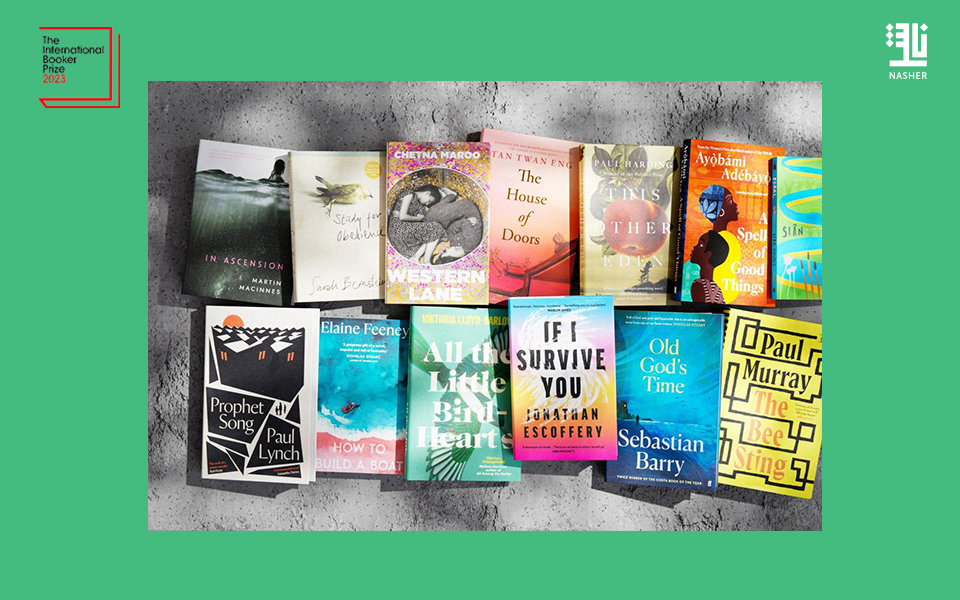Independent presses account for more than half the nominated books on the Booker Prize longlist. The 13-strong Booker dozen includes books from Canongate, which has two submissions, as well as Faber, Oneworld, Granta, Atlantic and Indigo Press. The remaining six titles are from the major houses: Penguin Random House imprints Hutchinson Heinemann, Hamish Hamilton and Harvill Secker, HarperCollins imprint Fourth Estate, Pan Macs Picador and Hachette imprint Tinder Press.
The full list is as follows:
- A Spell of Good Things by Ay??bámi Adébáy?? (Canongate)
- Old Gods Time by Sebastian Barry (Faber & Faber)
- Study for Obedience by Sarah Bernstein (Granta Books)
- If I Survive You by Jonathan Escoffery (4th Estate)
- How to Build a Boat by Elaine Feeney (Harvill Secker)
- This Other Eden by Paul Harding (Hutchinson Heinemann)
- Pearl by Siân Hughes (The Indigo Press)
- All the Little Bird-Hearts by Viktoria Lloyd-Barlow (Tinder Press)
- Prophet Song by Paul Lynch (Oneworld)
- In Accession by Martin MacInnes (Atlantic Books)
- Western Lane by Chetna Maroo (Picador)
- The Bee Sting by Paul Murray (Hamish Hamilton)
- The House of Doors by Tan Twan Eng (Canongate)
Chair of the judges, the twice-shortlisted novelist Esi Edugyan said: We read 163 novels across seven months, and in that time whole worlds opened to us. We were transported to early 20th century Maine and Penang, to the vibrant streets of Lagos and the squash courts of London, to the blackest depths of the Atlantic, and into a dystopic Ireland where the terrifying loss of rights comes as a hard warning.
The list is defined by its freshness by the irreverence of new voices, by the iconoclasm of established ones. All 13 novels cast new light on what it means to exist in our time, and they do so in original and thrilling ways. Their range is vast, both in subject and form: they shocked us, made us laugh, and filled us with anguish, but above all, they stayed with us. This is a list to excite, challenge, delight, a list to bring wonder. The novels are small revolutions, each seeking to energise and awaken the language. Together whether historical or contemporary they offer startling portraits of the current.
The shortlist of six books will be announced on 21 September at an evening event at the newly re-opened National Portrait Gallery in London. It will be live-streamed across all the Booker Prizes social platforms. The shortlisted authors each receive £2,500 and a specially bound edition of their book.
The winner will be announced on 26 November at an award ceremony held at Old Billingsgate. London. The winner receives £50,000 and a trophy designed by the late childrens illustrator Jan Pie?kowski. In a recent public vote, the trophy was named Iris in honour of the 1978 Booker winner Iris Murdoch.







